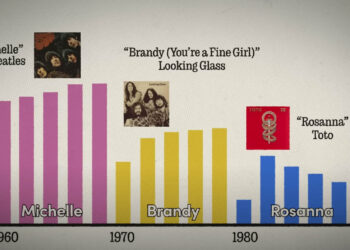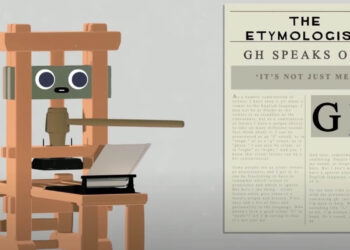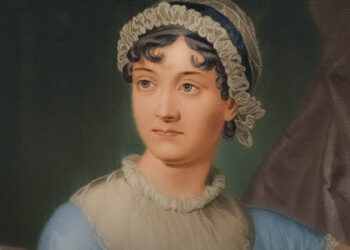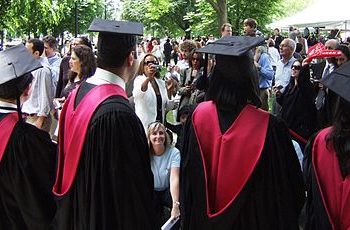The oral history is an incredibly powerful tool for capturing the experiences and thoughts of participants in an event. It taps into the parts of our brains that have evolved to be drawn to stories, and what’s better than hearing something straight from the horse’s mouth? While the early days of DNA research have been well documented (particularly through Horace Judson’s superb The Eighth Day of Creation), the next generation of scientists who built our concepts of modern biology has not been as comprehensively chronicled.
Recognizing this, University of Chicago geneticist Rochelle Easton Esposito (full disclosure: my Mother-In-Law) undertook an ambitious project to create an oral history of modern genetics through recording the experiences of its key figures. The project, Conversations in Genetics, began in 1995 when Esposito was the President of the Genetics Society of America, with that group’s initial support (it continues today as an independent project, funded by private donations).
The basic concept is to pair a prominent figure in the field with one of their scientific peers for a recorded conversation:
The interviews conducted by distinguished colleagues provide thoughtful and penetrating exchange about how specific ideas evolved. They capture the roles of serendipity, synchronicity of thought, technological advances, individual intuition and human creativity in the crystallization of critical insights.
The resulting four volumes (with more on the way) provide a tremendous resource for science historians, as well as for any biologist interested in their scientific roots. While these are often high level conversations that require some background knowledge of the landmark experiments being discussed, what comes through strongly is the human element, a sense of how ideas are inspired, and some amazing life stories. The personalities shine, whether it’s Francois Jacob talking about his career being delayed while serving in the Free French Army World War II or the always charming Ira Herskowitz busting out his guitar for a few of his well-loved songs about the life of a researcher.
Last week we posted the conversation with Mary-Claire King, but selecting an example from the series to present here was a daunting task. In the end, I went with my own personal connections and chose the conversation between Nobel Prize winner Ed Lewis and Elliot Meyerowitz. Lewis was a crucial figure in Developmental Biology, and his work in Drosophila segmentation was a direct forebearer of my own research (the other key historical figure for my own work in these volumes is Walter Gehring, interviewed here by my thesis advisor).
Though best known for his fruitfly work, in the interview below, Lewis talks about the research (around the 37 minute mark) he and Alfred Sturtevant did in the 1950s on the genetic effects of radiation in causing cancer. Mind you, this was in the Cold War era when the US government didn’t want any interference with its bomb testing activities. The government was able to manipulate the findings from a National Academy committee to state that radiation posed no danger, and Lewis was blocked from bringing his flies to Las Vegas to expose them during bomb tests because he was seen as a “radical”. Nobel Laureate George Beadle instead brought the flies to the test, which led to Lewis’ landmark 1957 paper that alerted the world to dangers of exposure to fallout.
Discussion
1 Thought on "Conversations in Genetics: An Oral History of Biology"



